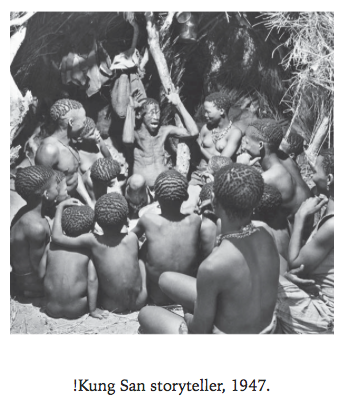I'll try to roughly answer your question. It's not an easy one, and by no means does it have a narrow answer. Scientists have suggested, like you mentioned that stories show a lot about the basis of human thought
So why do we like stories at all?
From "The Storytelling Animal" (Jonathan Gottschall)
“Some thinkers, following Darwin, argue that the evolutionary source
of story is sexual selection, not natural selection. Maybe stories,
and other art forms, aren’t just obsessed with sex; maybe they are
ways of getting sex by making gaudy, peacocklike displays of our
skill, intelligence, and creativity—the quality of our minds. Thumb
back a few pages to that image of the Kung San storyteller on page
19. Look at the young woman sitting to the storyteller’s left—very pretty, very rapt. That’s the idea.

Or maybe stories are a form of cognitive play. For the evolutionary literary scholar Brian Boyd, “a
work of art acts like a playground for the mind.” Boyd suggests that
the free play of art, in all its forms, does the same sort of work for
our mental muscles that rough-and-tumble play does for our physical
muscles.
Or maybe stories are low-cost sources of information and vicarious experience; maybe, to modify Horace, stories delight in order
to instruct. Through stories we learn about human culture and
psychology, without the potentially staggering costs of having to gain
this experience firsthand.
Or maybe story is a form of social glue
that brings people together around common values. The novelist John Hardner expresses this idea nicely: "Real art creates myths a society can live by instead of die by."
Go back again to the Kung San storyteller. Look how he has brought his people together skin against skin, mind against mind.
Why do some of us like stories to the point of obsessing over them?
“Fiction, like cocaine, is a drug. People may invent high-minded
aesthetic (or evolutionary) justifications for their fiction habits,
but story is just a drug we use to escape from the boredom and
brutality of real life. Why do we go to see a Shakespeare play, or
watch a film, or read a novel? Ultimately, from Kessel’s point of
view, it is not to expand our minds, explore the human condition, or
do anything else so noble. We do it for kicks.
Many evolutionary thinkers would agree with Kessel’s position. What
are stories for? Nothing. The brain is not designed for story; there
are glitches in its design that make it vulnerable to story. Stories,
in all their variety and splendor, are just lucky accidents of the
mind’s jury-rigged construction. Story may educate us, deepen us, and
give us joy. Story may be one of the “things that makes it most worthwhile to be human. But that doesn’t mean story has a biological purpose.
Storytelling, in this view, is nothing like the opposable thumb—a structure that helped our ancestors survive and reproduce. In this view, story is more akin to the lines on your palm. No matter what your fortuneteller claims, the lines are not maps of your future. They are side effects of the flexion of the hand.”
How does this happen? And is this something that can be controlled?
I couldn't find any experiment that, like you mentioned, discussed whether you can change someone's preference of what kind of stories they like. If someone finds any study, please mention it in the comments!
Why is it also that once we start with a story, it can be hard to stop because you want to know what happens next or want to know how it ends? Why do some of us care if people "spoil" the ending for us by telling us what happens before we see or read or hear it, while some of us seem not to care?
From this source, an excellent article on storytelling.
Suspense works just as well as you’d expect
The “cliffhanger” just may be the oldest trick in the writing book,
especially writing for television, but there is a reason why it’s used
so often…
It works!
Despite our numerous exposure to this method, our brain just can’t
“get over” suspenseful moments: it’s a relationship that just won’t
die, we will always want to know what happens next.
In fact, suspense works so well that the hotly debated Zeigarnik Effect
would have you believe that it’s the best way to kill
procrastination.
Research in that area seems to point to humans being much more
inclined to finish something that has already been started
(researchers interrupted people doing “brain buster” tasks before they
could complete them… nearly 90% of people went on to finish the task
anyway, despite being told they could stop).
Suspense in stories really allows you to create an addictive
narrative, as long as the suspense appears early enough to capture
interest, and doesn’t keep people hanging on forever
Has any real research been done on this?
I might elaborate on this further. I don't want to comment without first exploring the research I have quoted to see whether they are good studies. If anyone else knows of any experiments related to this field, please mention it in the comments.
Co-creating stories: Collaborative experiments in storytelling
Management Learning November 2010 41: 507-523, first published on June 28, 2010
Sources:
The Storytelling Animal: How Stories Make Us Human by Jonathan Gottschall
(ISBN-13: 978-0547391403 ISBN-10: 0547391404)
